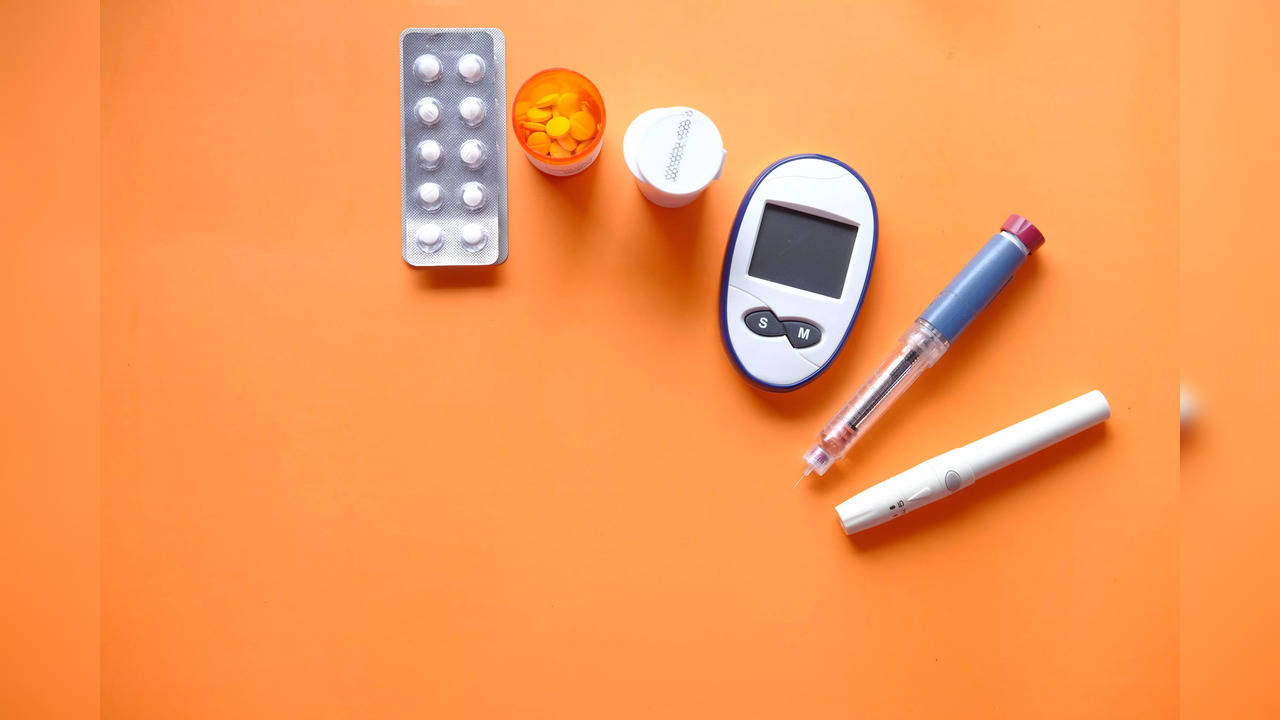Travelling with diabetes: Tips for diabetics to manage blood glucose on the road
To avoid any diabetes-related health issues from emerging during travel, diabetics are advised to prepare themselves and take precautionary steps before and during travel.

Travelling with diabetes: Tips for diabetics to manage blood glucose on the road
New Delhi: Traveling is fun. However, when suffering from a chronic disease like diabetes, everything comes with terms and conditions - even if it's a short term trip. To avoid any diabetes-related health issues from emerging during travel, diabetics are advised to prepare themselves and take precautionary steps before and during travel.
Travelling with diabetes
Here are some tips that can help diabetics keep their blood sugar levels under control while travelling:
- Don't forget to keep a daily track of your
blood glucose levels. - Make sure that you pack sufficient water to stay hydrated throughout the trip.
- Getting diabetes-friendly food might not be accessible while travelling. Therefore, don't forget to pack all your healthy snacks and foods before the trip.
- Do not forget to carry your
medications , prescriptions, diabetes testing kit, insulin, cooler, and other equipment. - Exercising can help manage blood sugar levels. Even while travelling, try to squeeze in some time for
fitness . However, avoid overexerting your body. - Set reminders so you do not forget to take your medications on time.
- Before visiting restaurants, vet the menu to avoid eating food that can affect your body adversely.
- Make a list of all the pharmacies, emergency contacts, hospitals, etc. near the place you decide to stay.
- Wear a medical ID bracelet and carry ID and other information regarding your health, allergies, etc.
- Consult a doctor before to get expert advice for your trip.
Disclaimer: Tips and suggestions mentioned in the article are for general information purposes only and should not be construed as professional medical advice. Always consult your doctor or a dietician before starting any fitness programme or making any changes to your diet.
Trending:
End of Article
Subscribe to our daily Lifestyle Newsletter!





Related News





Signs Of Childhood Brain Cancer Every Parent Should Know

What Happens To Your Body When You Perform Ab Exercises Every Day

How To Achieve Hormonal Balance Naturally? 5 Healthy Habits To Adopt

Males Might Be More Likely to Inherit Autism Than Females: Study

Combat Cervical Spondylosis Pain: Effective Exercises To Alleviate Pain









